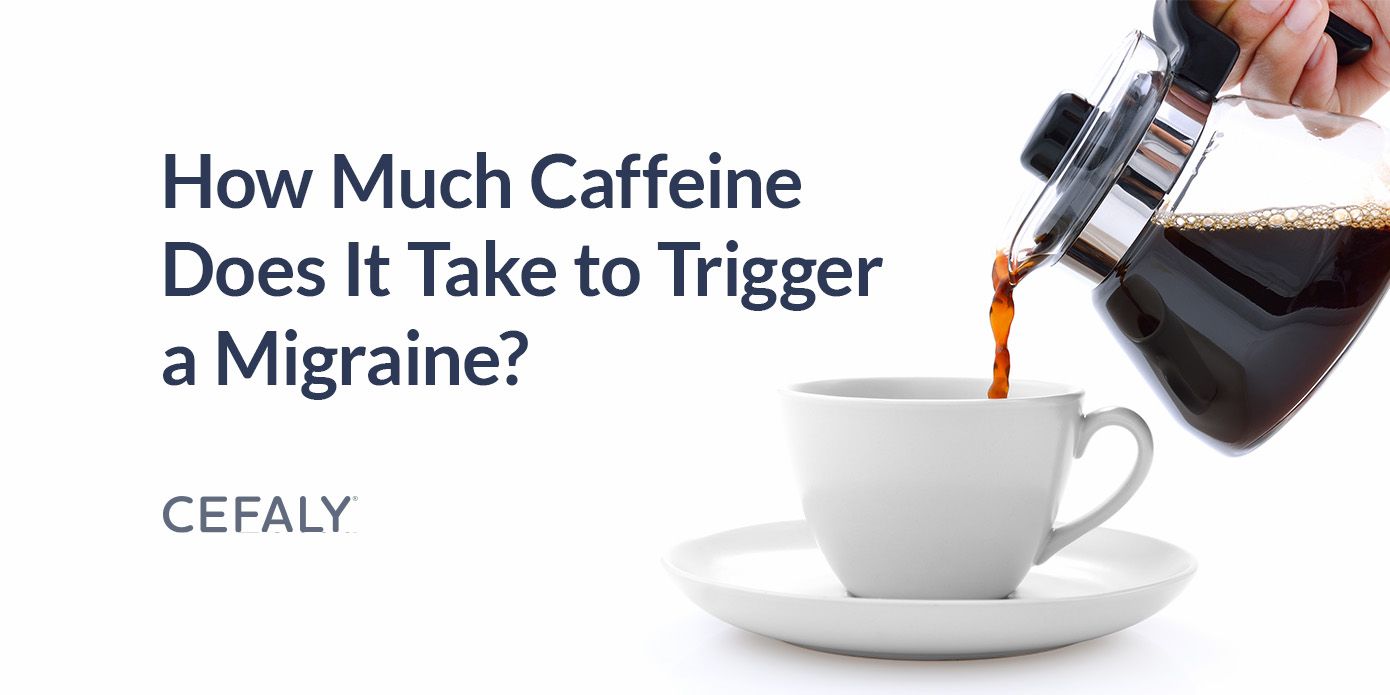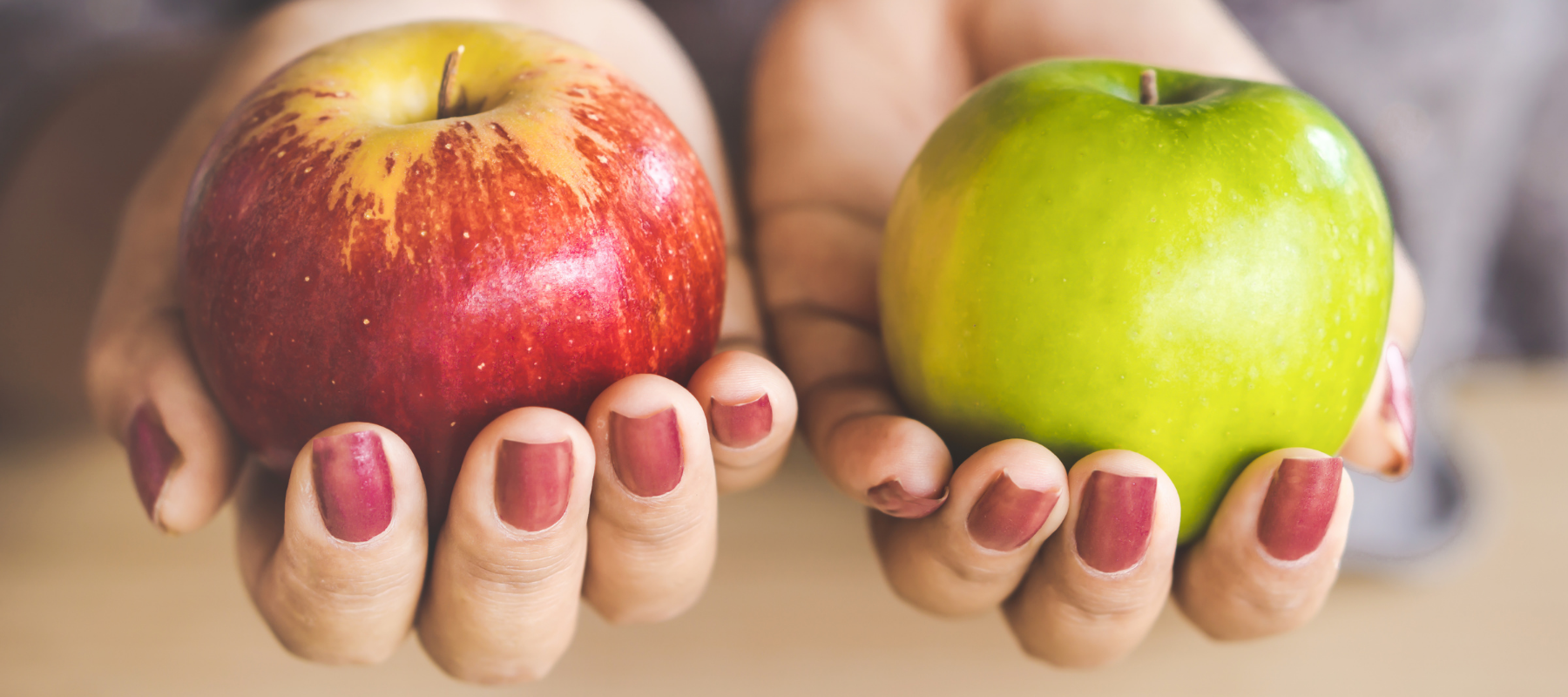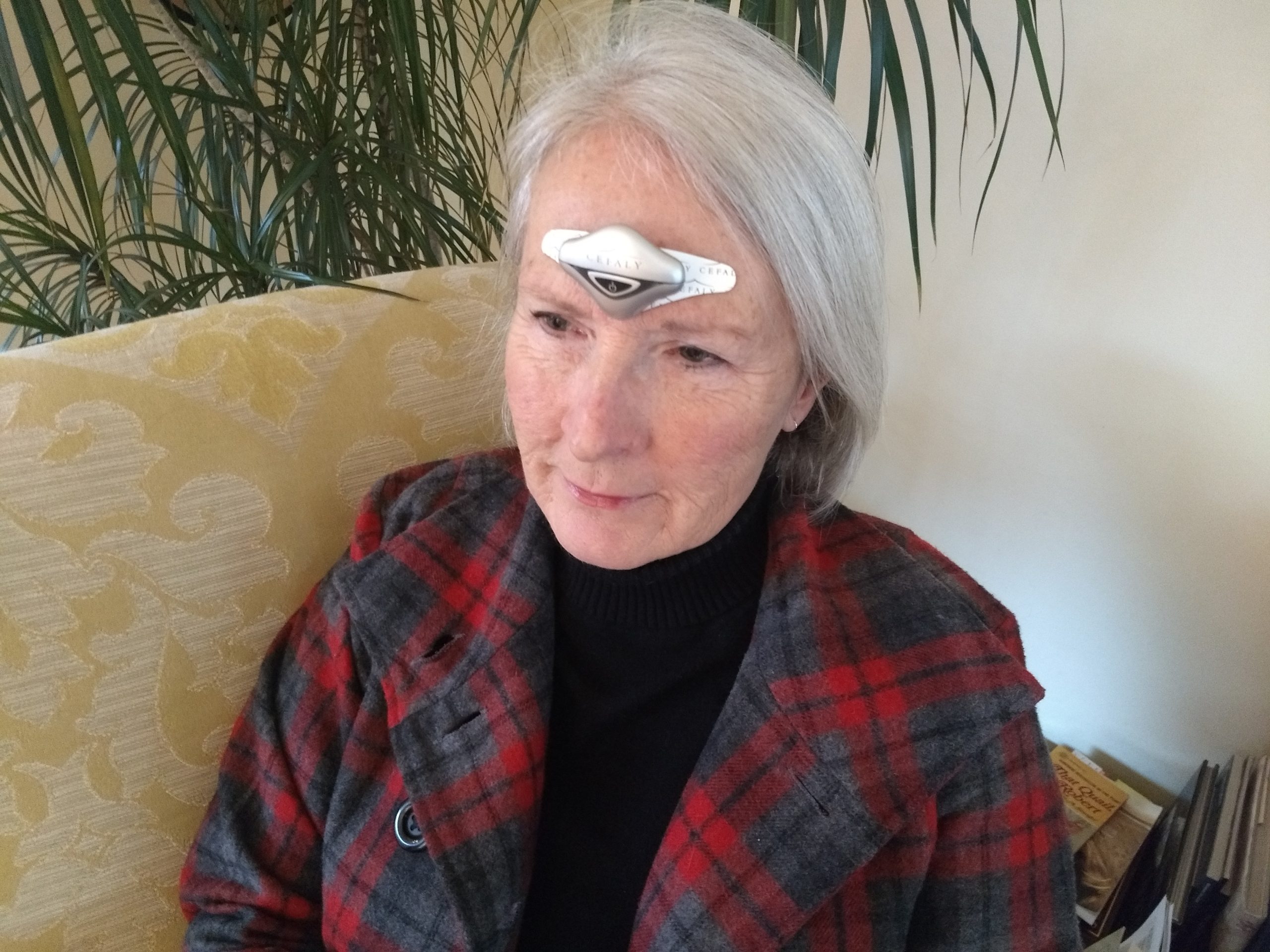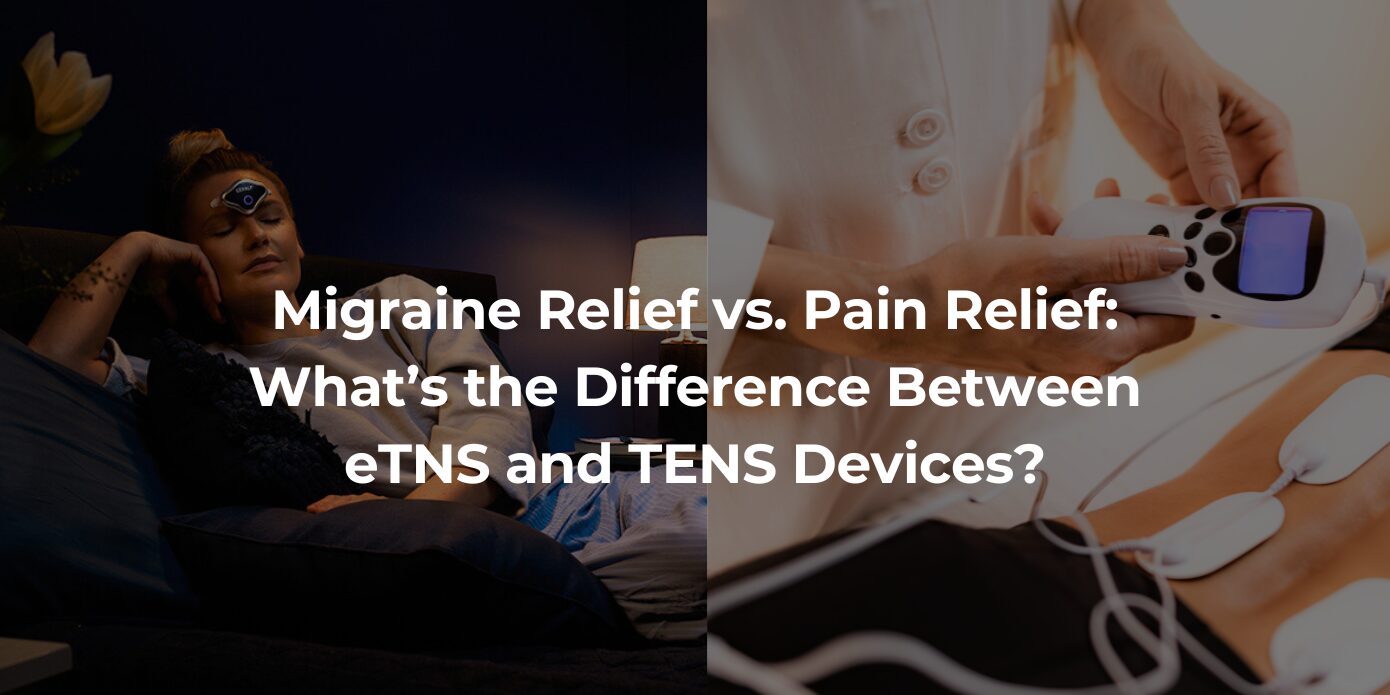Coffee is a beloved beverage among many Americans, and in 2024, almost 73% of the population drank it every day. Although many enjoy their caffeinated drink, it’s a different story if you’re prone to migraine.
Coffee and other caffeinated drinks are common migraine triggers, but does that mean you should cut it completely from your lifestyle? Or, can you use it to manage your migraine as some research suggests?
It depends! The best way around this topic is to better understand it — and your migraine. Migraine is a complex neurological condition that’s unique from person to person, so caffeine may be a trigger for some and a “treatment” for others. Let’s find out whether you can still enjoy a good brew.
Caffeine and migraine — the connection
Caffeine has numerous effects on the body, from the brain to the bones. Regarding its connection to migraine, its effects on blood flow, neurotransmitters and the central nervous system (CNS) could be the link.
Coffee is quickly and easily absorbed into the body. Once it enters the bloodstream and crosses the blood-brain barrier, it can affect the CNS. The caffeine blocks the brain’s adenosine receptors (ARs), which helps you feel more alert and less tired. Adenosine is a neurotransmitter that promotes relaxation and sleep.
However, caffeine affects other neurotransmitters, like dopamine and norepinephrine, both of which play roles in mood regulation and alertness. This can impact how you feel and your sensitivity to pain. These effects can either provide relief for some — reducing pain — or potentially trigger migraine due to these changes.
Not everyone living with migraine will be affected by their caffeine intake. For instance, your caffeine sensitivity depends on your genetics, existing health conditions and caffeine tolerance. Some people can drink multiple cups a day without triggering a migraine, while others may get a migraine after just one cup.
So, it’s clear that coffee can either be beneficial or detrimental to people prone to migraine.
Get Drug-Free Migraine Relief With CEFALY
Shop Now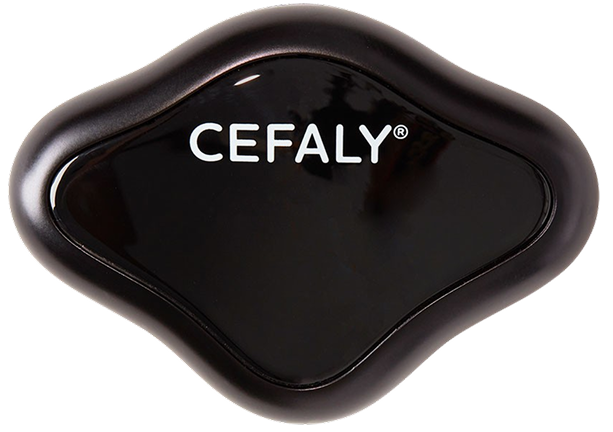
90-day money back guarantee
FDA-cleared
financing available
Can caffeine cause migraine?
Yes, caffeine can cause migraine for various reasons:
Caffeine consumption and withdrawal
A study noted that long-term consumption by people with migraine may exacerbate or trigger their condition due to caffeine withdrawal. It also summarized numerous related studies. Although many found that caffeine is a trigger, they also noted low prevalence in their study participants.
For example, out of 62 participants, only 2.4% reported coffee as a provoking factor for their migraine in a Korean study. Another study found that caffeine was a trigger for 10% of the 120 subjects. A Polish study also showed low numbers, with only 4.5% of the 40 female patients indicating caffeine as a migraine attack trigger.
A different study found a linear relationship between increased caffeine intake and a higher prevalence of migraine severity. We may conclude that overconsuming caffeine — over 200 milligrams per day — adds another factorial layer.
Dehydration
Caffeine is a known diuretic, meaning it can make you urinate more frequently and dehydrate you. Dehydration is a common migraine trigger for many. Not drinking enough water and consuming caffeine may cause your body to lose the fluids needed for various bodily functions. It can possibly shrink your brain tissues and put pressure on your nerves, triggering a migraine.
Lack of sleep
People drink coffee for various reasons. One of these is helping them stay alert and awake, even at late hours of the night — compromising their sleep schedule. Sleep is another common migraine trigger. Things like not getting enough sleep, an improper sleep schedule or even sleep disorders may trigger migraine. If you’re prone to caffeine- and sleep-related migraine, this combination may worsen your condition.
Magnesium
The interaction between our body’s magnesium and caffeine may be another culprit. People with migraine typically have low magnesium levels in their brain and spinal fluid between attacks, according to the American Migraine Foundation (AMF). This is why many use magnesium oxide to treat and prevent their migraine.
Caffeine, however, interferes with our body’s magnesium levels. Because caffeine is a diuretic, it affects our body’s magnesium absorption and use, resulting in a loss in magnesium levels — which is not good for migraineurs.
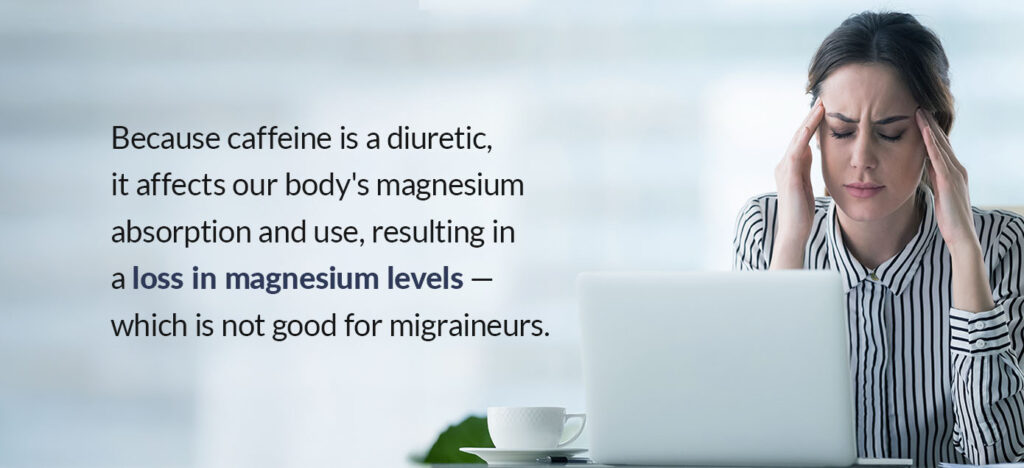
Whether caffeine directly or indirectly impacts migraine, it’s clearly a culprit for some. But what about the people who praise coffee for its therapeutic effects?
Try CEFALY for Migraine Relief
Does caffeine help with migraine?
Yes, caffeine can help with migraine. Although caffeine and its relationship is still being explored, many use it to aid their migraine. Here’s why.
Blood flow
During a migraine attack, changes occur in the blood vessels, which can increase the blood flow to the brain. This is where caffeine can have anti-inflammatory results. Its vasoconstrictive — the narrowing of blood vessels — effects constrict blood flow, potentially relieving the pulsing sensation and pressure associated with migraine.
Caffeine withdrawal
Are you a daily coffee enjoyer who is prone to migraine? Did you perhaps forget your daily brew and are now feeling the onset of a migraine attack? That’s caffeine withdrawal occurring. As we know, caffeine withdrawal is a migraine trigger, but it can also help treat it.
A low to moderate amount — under 200 milligrams a day — may be advised. Research also suggests taking your cup of coffee at consistent intervals so you don’t exceed 24 hours after your last cup. Otherwise, you may induce a caffeine-related migraine. If you want to limit your caffeine intake, do so gradually. As you steadily go off coffee, it may reduce your chances of experiencing a caffeine-induced migraine attack.
Caffeine in medication
Consuming caffeine with over-the-counter (OTC) pain medication can increase its effectiveness. That’s why many painkillers, like aspirin, ibuprofen and paracetamol, sometimes contain caffeine. If you’re considering caffeine-containing medicines or consuming coffee with painkillers, consult with your healthcare provider first.
So, if you want to stop a migraine fast, caffeine might be your answer. But how do you know if you can drink caffeine as someone prone to migraine?
What you can do
It’s important to know how caffeine affects you. Use a migraine diary to help you track whether caffeine is a migraine trigger or treatment for you. While you journal, here are a few tips to consider:
- Stay hydrated: Whether you drink coffee or not, dehydration contributes to migraine. If you consume caffeine, drink extra water to counteract its diuretic effects.
- Stick to a routine: If you drink caffeine regularly, try to consume it at the same time and in the same amount each day to avoid withdrawal.
- Limit caffeine gradually: If you want to reduce or quit, decrease your intake slowly — about 25% per week — to minimize withdrawal symptoms.
- Get enough rest: If you’re cutting back on caffeine, extra rest can help ease withdrawal fatigue and migraine.
- Be mindful of all caffeine sources: Caffeine isn’t just in coffee. It’s also in sodas, green and black tea, chocolate, energy drinks and certain medications.
Try CEFALY for Migraine Relief
Caffeine and migraine FAQs
Got more questions? We may have the answers.
Can coffee trigger a migraine?
Yes, for some people, coffee can trigger migraine due to its caffeine content. Caffeine affects blood flow in the brain, and sudden changes — whether from consuming too much or withdrawing from it — can lead to migraine.
How likely is it for caffeine to help with headaches?
Caffeine can help relieve headaches in some cases, especially when combined with pain relievers. It constricts blood vessels, which can help reduce headache pain. However, its effectiveness varies per individual and its overconsumption can lead to rebound headaches.
Can too much caffeine cause a migraine?
Yes, excessive caffeine intake can trigger migraine by causing dehydration, overstimulating the CNS and leading to withdrawal symptoms if intake suddenly drops.
Does coffee cause migraine?
Yes, it can be a direct or indirect trigger for some people. Factors like sensitivity to caffeine, dehydration and sudden changes in intake can contribute to migraine onset.
Tired of caffeine? Try CEFALY for migraine relief!
The relationship between coffee and migraine is controversial, but CEFALY Technology’s FDA-cleared and clinically proven medical device for migraine relief isn’t! With its two modes, ACUTE and PREVENT, you can better manage your migraine frequency and pain.
If all this talk about caffeine and migraine is getting you tired, try CEFALY Connected today and experience it for yourself.

